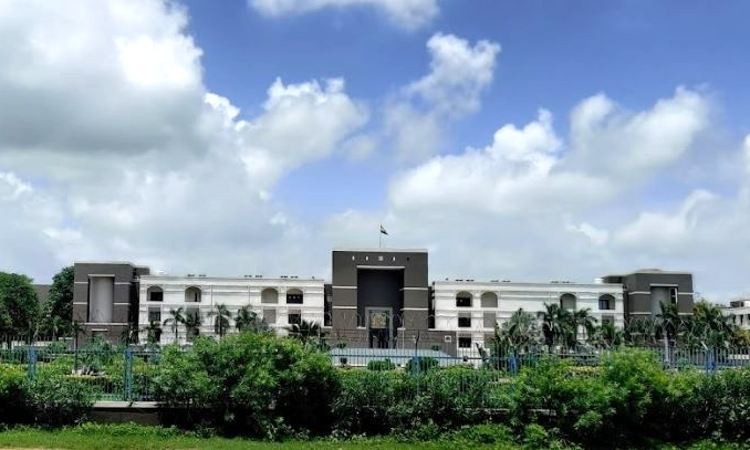


The Gujarat High Court in the case The Principal Commissioner Of Income Tax (Central), Versus Montecarlo Construction Ltd. observed and has allowed the deduction under Section 80IA (4) of the Income Tax Act to the assessee engaged in developing infrastructure projects like roads, canals, etc.
The bench comprising of Justice Bhargav D. Karia and Justice Niral R. Mehta in the case observed and has stated that the assessee has entered into the development of infrastructure facility agreement and not a work contract.
In the present case, the respondent or assessee is engaged in business of construction activity and the development of infrastructure and other projects, i.e., irrigation canals and road construction.
Therefore, the assessee in the case filed its return of income, declaring a total income for an amount of Rs. 25,15,950 after claiming the deduction as stated under Section 80IA (4) for an amount of Rs. 6,20,01,678.
However, the assessing officer in the case disallowed the deduction as stated under Section 80IA (4) which being on the ground that the assessee is not a developer but a works contractor, relying upon the explanation after Subsection 13 of Section 80IA.
The assessee preferred an appeal before the CIT appeal. Thus, the CIT allowed the appeal.
It has been observed by the CIT (A) that the assessee company being a developer of infrastructure facilities and is eligible for deduction under Section 801A(4) and the disallowance made by the Assessing Officer for deduction amounting to Rs. 6,20,01,678 is therefore not sustainable.
The court observed that department is being aggrieved by the order of the CIT appeal preferred the appeal before the Tribunal.
The department contended before the court that the income derived from the use of infrastructure facilities developed by the assessee is only eligible for reduction as stated under Section 80IA (4), but the contract work was awarded to the assessee through the bidding process, where the lowest contract value was quoted by the assessee after considering the element of profit. Thus, the assessee was acting as a works contractor, and income was derived by way of developing the infrastructure facility and not from the use of the development facility.
Further, the department urged the court that the purpose of the deduction under Section 80IA (4) was that the private players of the parties will bring the investment for the development of the infrastructure facility, and later on, the facility will be exploited for generating income, which is only eligible for the purpose of deduction under Section 80IA (4).
The court stated that various concepts, such as Built, Own, Operate, and Transfer (BOOT), Built, Own, Lease, and Transfer, BOLT, and Built, Operate, and Transfer, BOT, were introduced and no initial investment was made by the assessee in the projects, and the projects were funded by the employer. The assessee made investments in the nature of earnest money, performance guarantee, and mobilization advance, but the concepts are also applicable in the case of the work contract.
The Tribunal in the case observed and has held that the assessee has undertaken the development of infrastructure and is eligible to claim the deduction as stated under Section 80IA(4).
It has also been provided under Section 80IA that for the deduction from the gross total income of the assessee, which includes any profit and gains derived by an undertaking or an enterprise from any business as an eligible business, by providing a deduction of an amount equal to 100% of the profit and gains derived from business for 10 consecutive assessment years.
Accordingly, the court upheld the order of the CIT appeal and the Tribunal.
The counsel, Advocate Varun K. Patel appeared for the Petitioner.
The counsel, N/A represented the respondent.